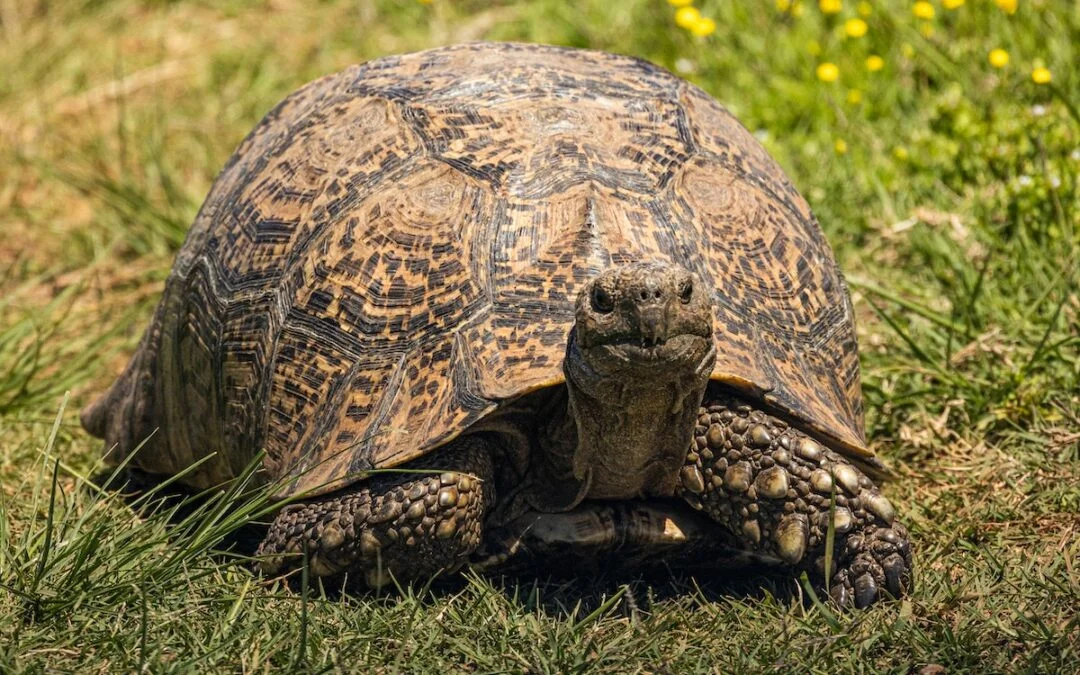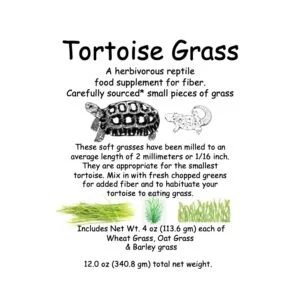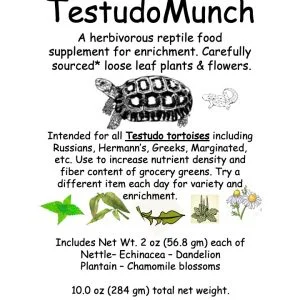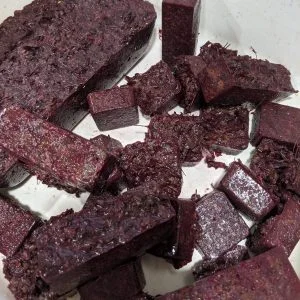Feeding a tortoise requires careful consideration of their specific dietary needs to ensure their optimal health and longevity. In this comprehensive guide, we will provide you with a complete nutritional plan to help you understand what to feed your tortoise and how to create a well-balanced diet that meets their nutritional requirements.
1. Understanding the Dietary Needs of Tortoises
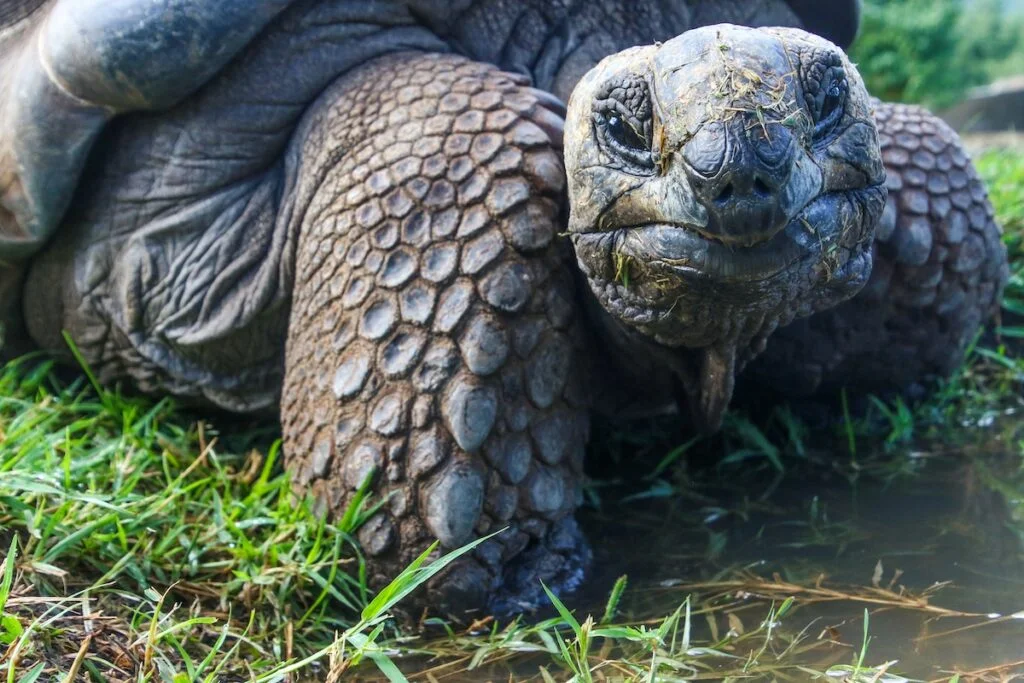
Tortoises have unique dietary needs that are specific to their species, age, and size. Understanding these needs is crucial for providing them with a well-rounded and balanced diet. Here, we will delve into the key factors to consider when it comes to the dietary requirements of tortoises.
Species Variations
Different tortoise species have varying dietary preferences and requirements. Some are herbivores, feeding primarily on plant material, while others may have an omnivorous or carnivorous diet. It is essential to research the specific dietary needs of your tortoise’s species to ensure their nutritional needs are met accurately.
Balanced Diet
A balanced diet for a tortoise consists of a variety of foods to provide essential nutrients. The foundation of their diet should include leafy greens such as kale, collard greens, dandelion greens, and romaine lettuce.
These greens are high in fiber and provide important vitamins and minerals. Alongside greens, tortoises can benefit from a range of vegetables, including carrots, bell peppers, and squash. Fruits should be given in moderation due to their higher sugar content.
Age, Size, and Activity Level
Considerations for age, size, and activity level play a role in determining the portion sizes and frequency of feeding. Growing tortoises require more frequent feeding and slightly different nutritional ratios to support their development. Adult tortoises have different dietary needs, and their portion sizes may vary depending on their size and activity level.
Calcium and Vitamin D
Calcium is a critical component of a tortoise’s diet, necessary for shell and bone development. It is important to ensure the calcium-to-phosphorus ratio is balanced, as an imbalance can lead to metabolic bone diseases.
Tortoises also require adequate vitamin D to absorb calcium effectively. Natural sunlight exposure or UVB lighting is essential to help them synthesize vitamin D.
Variety and Foraging
Tortoises thrive on variety in their diet. Offering a diverse range of suitable greens, vegetables, and occasional protein sources (for omnivorous or carnivorous species) ensures they receive a wide spectrum of nutrients. Additionally, providing opportunities for natural foraging behaviors, such as scattering food or using food puzzles, can stimulate their appetite and provide mental enrichment.
By understanding the dietary needs of tortoises, you can tailor their diet to meet their specific requirements. Providing a well-rounded and balanced diet, along with appropriate portion sizes and frequency of feeding, is essential for their overall health and well-being. Always consult with a reptile veterinarian or a knowledgeable exotic pet specialist to ensure you are meeting your tortoise’s dietary needs accurately.
2. Essential Nutrients for Tortoises
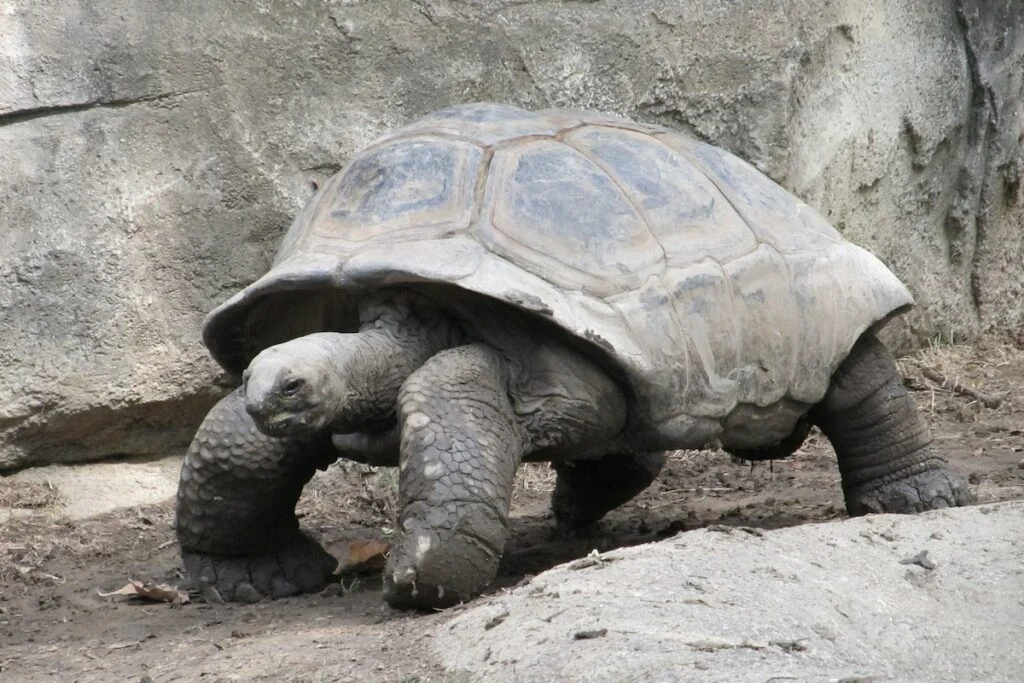
Tortoises require a variety of essential nutrients to maintain their health and well-being. By understanding these nutrients and incorporating them into their diet, you can ensure that your tortoise receives the necessary nourishment. Here are some key nutrients that are vital for the overall health of tortoises:
Fiber
Fiber plays a crucial role in the digestive health of tortoises. It aids in proper digestion and helps prevent issues such as constipation. Leafy greens, grasses, and certain vegetables are excellent sources of dietary fiber for tortoises. Including a variety of fiber-rich foods in their diet ensures a healthy gut and promotes regular bowel movements.
Calcium
Calcium is essential for the proper growth and maintenance of a tortoise’s shell and bones. Inadequate calcium intake can lead to metabolic bone diseases and shell deformities.
Calcium-rich foods like calcium carbonate supplements, dark leafy greens, and edible flowers should be included in their diet. It is important to provide a balanced calcium-to-phosphorus ratio to prevent deficiencies or imbalances.
Vitamin D3
Vitamin D3 is crucial for tortoises as it aids in the absorption of calcium from their diet. Tortoises can obtain vitamin D3 naturally through exposure to sunlight or artificial UVB lighting.
Adequate exposure to UVB rays helps their bodies produce vitamin D3, which is essential for the utilization of dietary calcium. However, it is important to ensure that the UVB lighting is of the appropriate intensity and wavelength for their specific species.
Vitamin A
Vitamin A is necessary for the growth, development, and maintenance of the tortoise’s skin, vision, and immune system. Dark leafy greens, carrots, and other orange-colored vegetables are excellent sources of vitamin A. Including these foods in their diet helps support their overall health and immune function.
Protein
While herbivorous tortoises primarily rely on plant-based diets, some species may benefit from small amounts of protein. For omnivorous or carnivorous species, a source of high-quality protein like insects, worms, or cooked lean meats can be included in their diet. Protein is essential for muscle growth and repair.
Remember that the specific nutrient requirements may vary depending on the tortoise’s species, age, and health status. It is recommended to consult with a reptile veterinarian or an experienced exotic pet specialist to ensure you are providing the appropriate nutrients for your tortoise’s specific needs.
By incorporating these essential nutrients into your tortoise’s diet, you can help promote their overall health, growth, and longevity. Providing a well-balanced diet that meets their specific nutritional requirements is key to ensuring their well-being and happiness.
3. Safe and Nutritious Foods for Tortoises
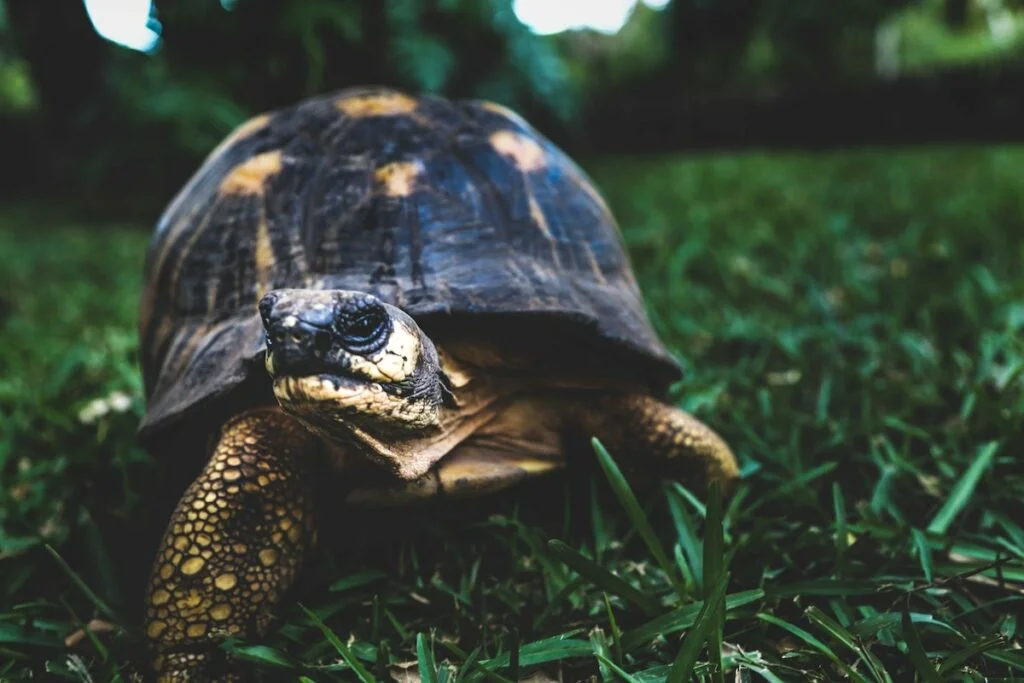
When it comes to feeding your tortoise, it’s important to provide a variety of safe and nutritious foods to meet their dietary needs. Here are some examples of foods that are both safe and beneficial for tortoises:
Leafy Greens
Leafy greens should form a significant part of your tortoise’s diet. These include options like kale, collard greens, dandelion greens, and mustard greens. These greens are rich in fiber, vitamins, and minerals, and provide essential nutrients for tortoises.
Hay and Grasses
Fresh, pesticide-free hay and grasses are excellent sources of fiber for tortoises. Timothy hay and Bermuda grass are popular choices. These help with digestion and also provide enrichment for tortoises, as they enjoy foraging through the strands.
Vegetables
Certain vegetables can be offered to your tortoise in moderation. Examples include carrots, bell peppers, zucchini, and squash. Ensure that the vegetables are chopped into small, manageable pieces for easy consumption.
Edible Flowers and Weeds
Tortoises can enjoy a variety of edible flowers and weeds. These include hibiscus flowers, dandelions, clover, and plantain. These not only add diversity to their diet but also provide additional vitamins and minerals.
Fruits
While fruits should be given sparingly due to their higher sugar content, they can be offered as occasional treats. Suitable fruits include strawberries, melons, and papayas. Remember to remove any seeds or pits, as they can be harmful to tortoises.
Commercial Tortoise Pellets
Commercially available tortoise pellets can be used as a supplement to their fresh food. However, it’s important to select high-quality pellets specifically formulated for tortoises. These pellets should not be the primary source of their nutrition but can provide additional nutrients.
It is crucial to avoid feeding tortoises foods that are toxic or harmful to them. Foods to be avoided include those high in oxalates, such as spinach and beet greens, as well as toxic plants like rhubarb and avocado. Additionally, processed foods, sugary snacks, and high-fat items should not be included in their diet.
Always ensure that the food you offer to your tortoise is fresh and clean. Wash vegetables thoroughly, and remove any uneaten food promptly to prevent spoilage and bacterial growth.
Remember, different tortoise species have specific dietary requirements, so it’s essential to research the needs of your particular tortoise to provide a well-rounded and balanced diet. Consulting with a reptile veterinarian or a knowledgeable exotic pet specialist can also provide valuable guidance on the appropriate foods for your tortoise.
By offering a diverse and nutritionally rich diet, you can ensure that your tortoise receives the necessary nutrients for optimal health, growth, and longevity.
4. Feeding Techniques and Environmental Considerations
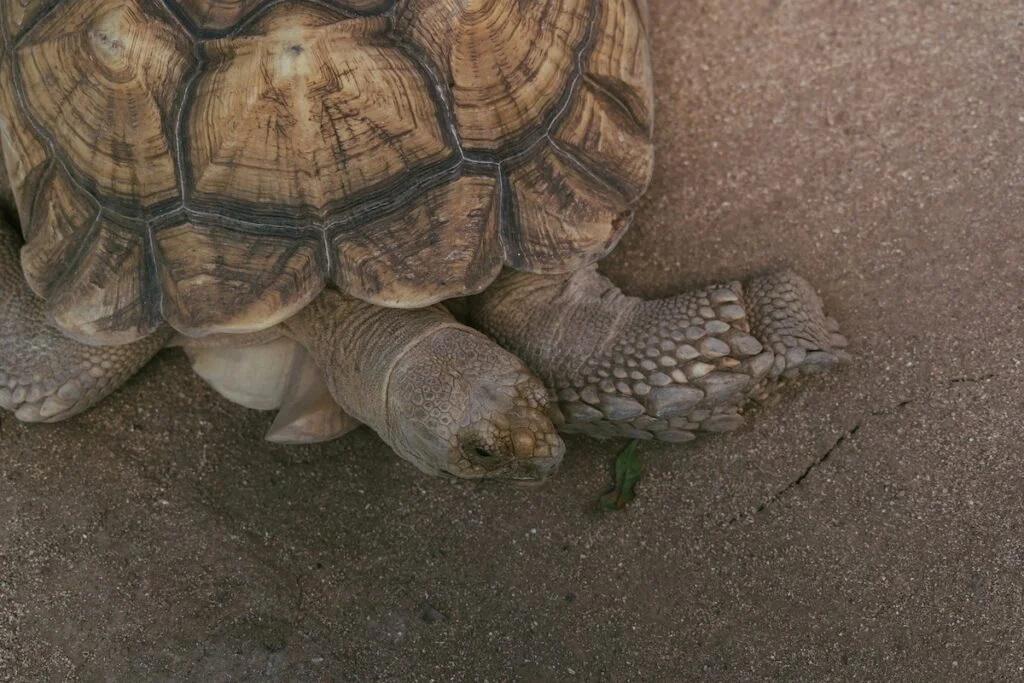
Feeding your tortoise involves more than just providing the right foods. It also requires attention to feeding techniques and environmental considerations to promote a healthy and natural feeding behavior. Here are some important factors to consider:
Grazing and Foraging Opportunities
Tortoises are natural grazers and foragers. Mimicking their natural feeding behavior is important for their overall well-being.
Create opportunities for your tortoise to graze and forage by providing a large, safe, and secure outdoor enclosure or an enriched indoor space with edible plants, grasses, and hiding spots. This allows them to engage in natural behaviors while accessing a variety of food sources.
Soaking and Hydration
Tortoises require proper hydration to maintain their health. Along with providing a shallow water dish for drinking, it’s essential to offer regular soaking opportunities. Soaking helps keep tortoises hydrated, aids in digestion, and promotes urination.
Use a shallow container filled with lukewarm water, making sure it’s not deep enough for the tortoise to submerge completely. Allow them to soak for about 20-30 minutes a few times a week, ensuring they have access to a way to exit the water easily.
Calcium and Vitamin Supplementation
Tortoises need a balanced intake of calcium and vitamins to support their growth and overall health. Calcium is essential for shell and bone development, while vitamins help with various bodily functions.
Dusting the tortoise’s food with a reptile-specific calcium and vitamin supplement can ensure they receive adequate nutrition. Follow the recommended dosage instructions and consult a reptile veterinarian for guidance on supplementation.
Feeding Schedule and Portion Control
Establishing a regular feeding schedule is important for maintaining a healthy weight and preventing overfeeding. Avoid leaving food out all the time, as this can lead to excessive consumption and weight gain.
Offer food portions appropriate for your tortoise’s size and age, and monitor their feeding behavior to ensure they eat a balanced diet without excessive food waste.
Environmental Considerations
The environment in which your tortoise lives can impact their feeding behavior and nutrient intake. Ensure the enclosure provides proper temperatures, humidity levels, and access to natural sunlight or UVB lighting, as these factors influence their metabolism and nutrient absorption. Creating a suitable environment that closely mimics their natural habitat can encourage healthy eating habits.
Observing your tortoise’s feeding behavior and monitoring their overall health is crucial. Keep an eye out for any changes in appetite, weight loss, or abnormal behaviors, as these may indicate underlying health issues. Regular veterinary check-ups are recommended to ensure your tortoise remains in optimal condition.
By implementing appropriate feeding techniques and considering the environmental factors, you can provide your tortoise with a nutritious and enriching feeding experience. This will contribute to their overall well-being and promote a long and healthy life.
Conclusion
Proper nutrition is crucial for the well-being of your tortoise. By following this ultimate guide and understanding their dietary needs, you can ensure that your tortoise receives a well-balanced and nutritious diet.
Remember to provide variety, monitor their health, and seek professional advice when needed. With the right nutritional plan in place, you can help your tortoise thrive and enjoy a healthy and fulfilling life.
Kapidolo Farms offers different types of food for your tortoise. Check out our store to see what we have for your tortoise. For more details, you can call us at 215-483-7675 or send us an email at kapidolofarms@gmail.com.


